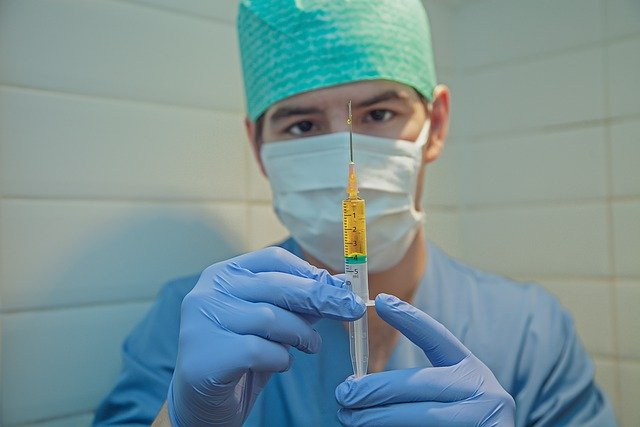The deadly novel coronavirus or COVID-19 is currently spreading around the world like wildfire as scientists are working at a rapid pace to find a cure for the deadly disease. Now, scientists have warned that a vaccine might not help life return to normal till 2023. Experts stated that it may take up to a year after a possible vaccine is approved to give it to the general population.
The report published by the Royal Society looked at the challenges of all the aspects regarding the production and distribution of a vaccine. The study by the Data Evaluation and Learning for Viral Epidemics (DELVE) is coming as a shock for the families who are desperately looking for a cure.
The British government has earlier stated that a working vaccine can be discovered by the year-end. "It doesn't mean that within a month everyone will be vaccinated. We are talking about another six months, nine months, or maybe a year. It will take quite a long time to roll out the vaccine even once it is approved," author professor Nilay Sha, an expert on chemical engineering at the Imperial College London said, as reported by the Mirror.
COVID-19 Vaccination

The rolling out of the vaccine can take a lot of effort and also the vaccination of different age groups require a lot of work. It will probably start with the people over 80s then the five-year age groups and next to the 75 to 80 age group.
Shah mentioned that it is likely to take a fortnight for vaccinating each five year age group, which means it is going to take between seven to nine months to get done with the whole population. The leading experts of the UK gave a warning that while a vaccine might initially help to control the outbreaks, the full population immunity may take a long time after the first one gets approved and social distancing is likely with people for the future. "We will have to have some restrictions that last through next year. It will be a tapering response," Prof Charles Bangham, the chair of immunology at Imperial College London, mentioned.
The deadly virus outbreak has claimed the lives of over one million people worldwide and infected over 33.9 million people globally. An effective vaccine is expected by the first quarter of 2021, however, Russia has already registered a vaccine named Sputnik V.









